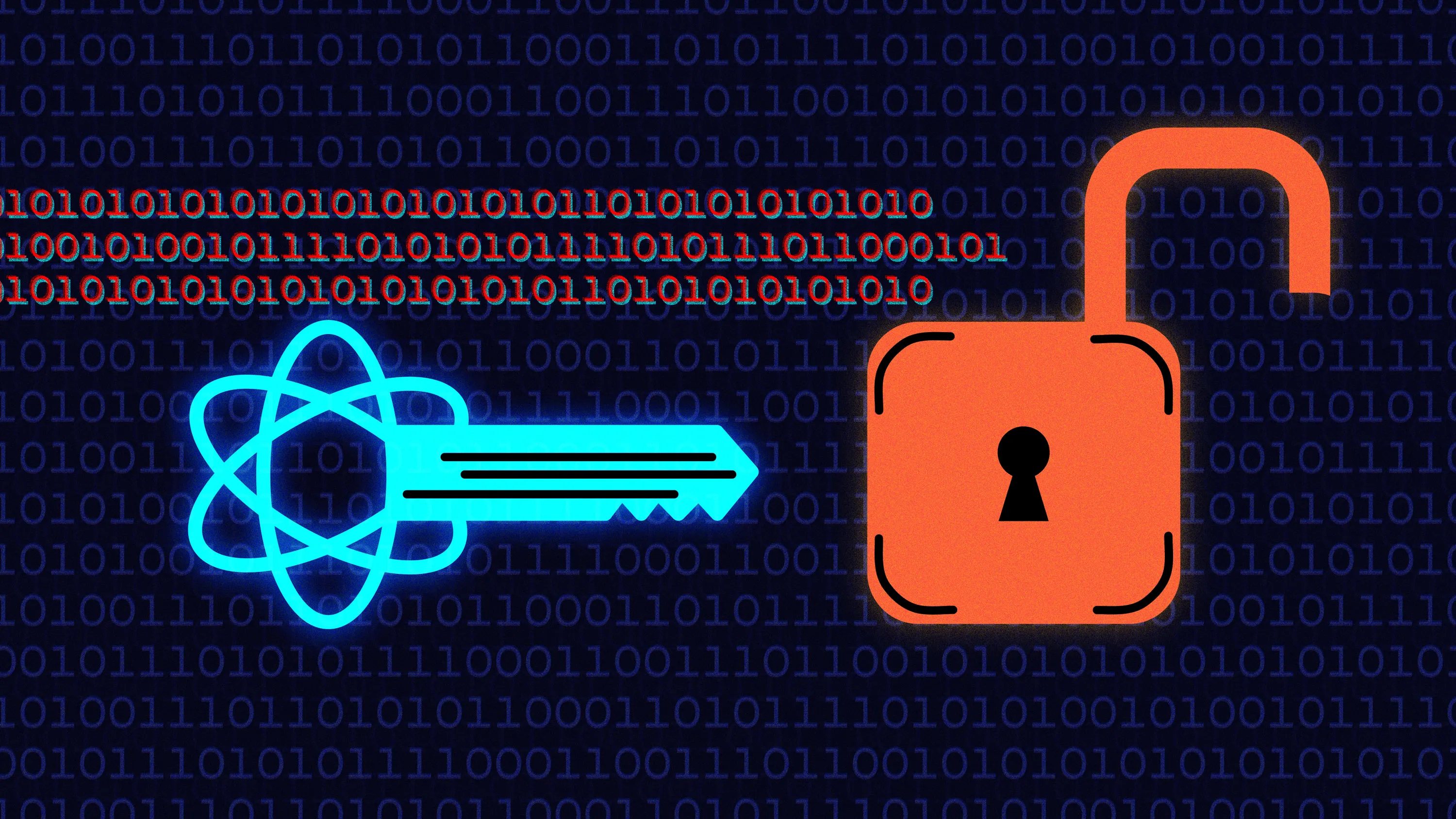New quantum effect demonstrated for the first time: Spinaron, a rugby in a ball pit
SOURCE: HTTPS://WWW.SCIENCEDAILY.COM/
OCT 27, 2023
How Asia Pacific is Leading the Way in Quantum Cryptography Advancements
SOURCE: HTTPS://CITYLIFE.CAPETOWN/
NOV 06, 2023

Quantum cryptography, a cutting-edge field that leverages the principles of quantum mechanics to secure communication, is rapidly gaining momentum in the Asia Pacific region. With its potential to revolutionize data security, governments and research institutions across the region are investing heavily in quantum cryptography research and development. Here’s a closer look at how Asia Pacific is leading the way in quantum cryptography advancements.
Quantum Cryptography: Securing Communication in the Quantum Age
Quantum cryptography is a branch of cryptography that utilizes the principles of quantum mechanics to ensure secure communication. Unlike traditional cryptographic methods, which rely on mathematical algorithms, quantum cryptography leverages the fundamental properties of quantum mechanics, such as the uncertainty principle and quantum entanglement, to provide unconditional security.
Asia Pacific’s Quantum Cryptography Boom
The Asia Pacific region has emerged as a global leader in quantum cryptography advancements, with several countries making significant strides in research and development. China, for instance, has made substantial investments in quantum communication networks and quantum key distribution (QKD) technology. Its launch of the world’s first quantum satellite, Micius, in 2016 marked a major milestone in the field.
Other countries in the region, including Japan, South Korea, and Singapore, are also actively pursuing quantum cryptography research. These nations recognize the potential of quantum technology to bolster their cybersecurity capabilities and gain a competitive edge in the digital age.
Q: What is quantum key distribution (QKD)?
A: Quantum key distribution (QKD) is a method used in quantum cryptography to establish a secure key between two parties. It relies on the principles of quantum mechanics to ensure that any attempt to intercept the key would be detectable, thus providing secure communication.
Q: How does quantum cryptography differ from traditional cryptography?
A: Traditional cryptography relies on mathematical algorithms, whereas quantum cryptography utilizes the principles of quantum mechanics. Quantum cryptography offers unconditional security, meaning it cannot be compromised by advances in computing power or mathematical breakthroughs.
Q: Why is Asia Pacific leading in quantum cryptography advancements?
A: Asia Pacific is leading in quantum cryptography advancements due to significant investments in research and development by governments and research institutions. These countries recognize the potential of quantum technology to enhance cybersecurity and gain a competitive advantage in the digital era.
In conclusion, the Asia Pacific region is at the forefront of quantum cryptography advancements. With its potential to provide unconditional security, quantum cryptography holds immense promise for securing communication in the quantum age. As governments and research institutions continue to invest in this field, we can expect further breakthroughs and innovations that will shape the future of data security.
LATEST NEWS
WHAT'S TRENDING


Data Science
5 Imaginative Data Science Projects That Can Make Your Portfolio Stand Out
OCT 05, 2022

SOURCE: HTTPS://WWW.SCIENCEDAILY.COM/
OCT 27, 2023
SOURCE: HTTPS://WWW.SCIENCEDAILY.COM/
OCT 26, 2023
SOURCE: HTTPS://THEQUANTUMINSIDER.COM/
SEP 28, 2023
SOURCE: HTTPS://TECHMONITOR.AI/
OCT 03, 2023
SOURCE: HTTPS://SCITECHDAILY.COM/
AUG 29, 2023
SOURCE: HTTPS://WWW.DIGITALJOURNAL.COM/
AUG 26, 2023
SOURCE: HTTPS://WWW.TECHTIMES.COM/
AUG 16, 2023
SOURCE: HTTPS://WWW.SCIENCEDAILY.COM/
AUG 09, 2023